10 Traditional Food In Munich, Germany
When combining the terms “food” and “Munich,” numerous world-famous Bavarian specialities are almost certain to mind: sausages, beer, bread, strudel, and pig knuckle. Bavarian delicacies are quite popular, and frequent traditional “Wirtshaus” restaurants and beer gardens to eat their fill of Schnitzel and Dampfnudeln. On the other hand, Munich is one of the most varied cities in Germany, and its culinary scene reflects this diversity. The popularity and availability of cuisines from Turkey, Italy, Croatia, Japan, and Argentina demonstrate how native-born Münchner Kindle, tourists, and immigrants appreciate delicacies from their home nations and other lands. Restaurants, pubs, and guesthouses range from the intimate and dive to the exceedingly posh and Michelin-starred. Visitors can choose from a diverse array of cuisines; linger over a newspaper and a piece of fine pastry in a Konditorei, or sample an IPA at one of the city’s numerous new microbreweries. Munich is a lovely city with numerous parks and a lovely river to meander through, so make sure you have some of your meals outside, weather allowing!
Dishes traditionnelles
Avoid the worry of not knowing what to order in a restaurant by deciding which specialities you must taste ahead of time!
- Bretzel or pretzel: a twisted bread product typically cooked in a knot. There are sweet varieties, but nothing is more traditional than a salted pretzel with weisswurst and mustard.
- Kartoffelsalat: potato salad served warm or cold, with or without mayonnaise and frequently incorporating bacon, vinegar, mustard, and onions.
- Kartoffelknödel, or potato dumplings, and Semmelknödel, or wheat bread roll dumplings, are offered as a side dish to other entrees.
- Dampfnudeln: a steamed white bread roll occasionally served sweet with fruit sauce and occasionally stuffed or served with meat as the main course.
- Leberkäse: a baked meatloaf dish that historically contains liver and is frequently made with ground corned beef, pork, and bacon.
- Wurst: Bavaria is well-known for its sausages, which are mostly pork-based. A speciality is a weisswurst and a white sausage frequently served with sweet mustard.
- Matjes, pickled herring filets rolled around a savory filling such as a gherkin or olive, and Rollmops, pickled herring filets rolled around a savory filling such as a gherkin or olive.
- Obatzda is a traditional Bavarian soft cheese dish seasoned with paprika, onion, and garlic.
- Sauerbraten: a pot roast of marinated meats that is a national dish of Germany.
- Schweinebraten is a roast pork meal accompanied by dumplings and sauerkraut (pickled, fermented cabbage); Schweinshaxe is a roasted ham hock Spanferkel, a roasted suckling pig served on events such as Oktoberfest.
- Tellerfleisch: braised veal or beef in apple sauce with horseradish.
Where are they to be consumed?
Ratskeller is a palatial restaurant serving the finest Bavarian fare and fine beer.
Weisses Bräuhaus, more popular with locals than tourists, is a cornerstone of German beer hall tradition. The pork dishes, which are relaxed and traditional, are a must-try!
Dallmayr Delicatessen not only serves its brand of coffee and tea but also offers a well-balanced menu of traditional and contemporary fare.
Cafe Luitpold is known for its melt-in-your-mouth sweets served in an exquisite setting.
Beer
Munich is one of the world’s beer capitals. Whether or not you’re in town for the famed Oktoberfest, there will be plenty of beer to sample, from wheat beers to pale lagers and radlers (or shandies – beer blended with lemonade)! Augustiner, Hacker-Pschorr, Hofbräu, Löwenbräu, Paulaner, and Spaten-Franziskaner are just a few of the city’s most renowned beer brands.
Biergarten
Of course, you’ll need a decent location to enjoy your refreshing traditional steins! Munich is home to a plethora of pubs and bars dedicated to beer, and their beer gardens are great for enjoying your beverage al fresco:
- Biergarten Hirschgarten is near the Nymphenburg Palace if you’re in the vicinity.
- Augustiner Keller Biergarten is one of Munich’s oldest establishments, offering Augustiner beer directly from ancient wooden barrels. There is also food available, or you may bring your own.
- As strange as it may seem, the Chinesischer Turm, the Chinese Pagoda at the Englischer Garten, can seat up to 7000 people in its Biergarten. Additionally, the park contains the Biergarten Neumeister.
- Biergarten Viktualienmarkt is the most central of Munich’s beer gardens, located amid the historic Viktualienmarkt farmers’ market, where you may purchase a picnic to enjoy with your brew.
- The Hofbräuhaus Biergarten, located outside the famed beer hall, is compact (compared to the others) yet brimming with character!
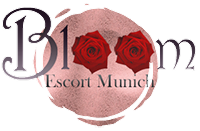

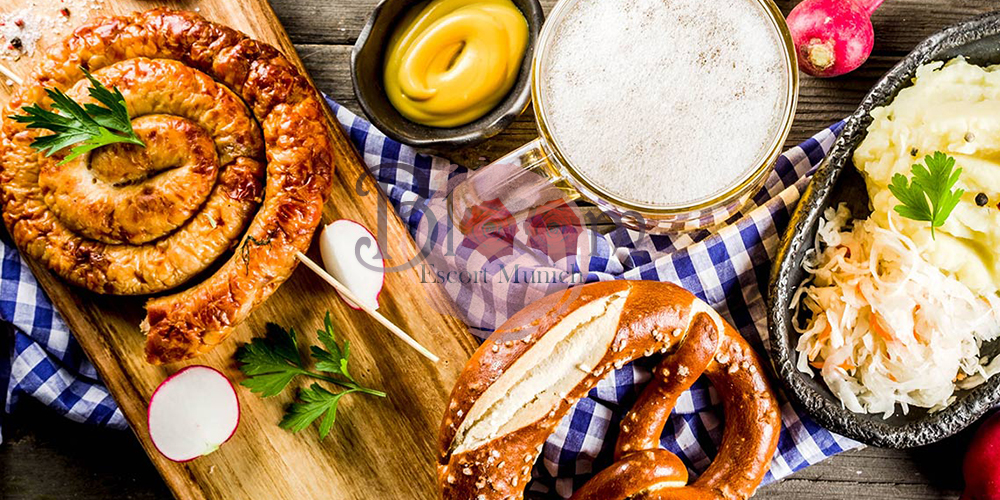
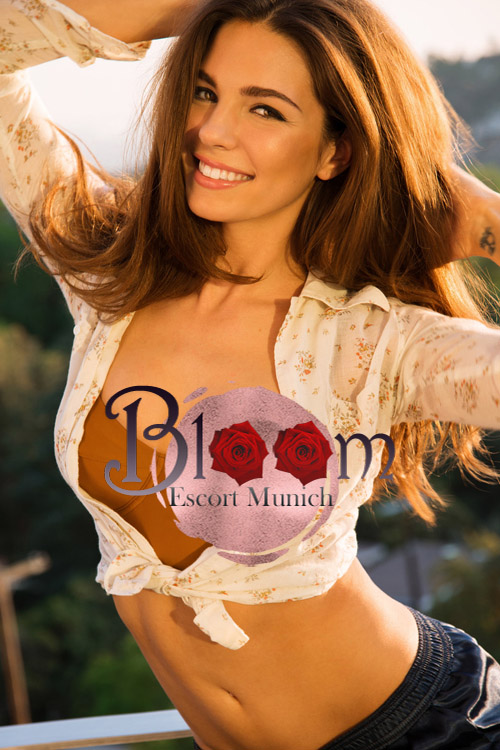

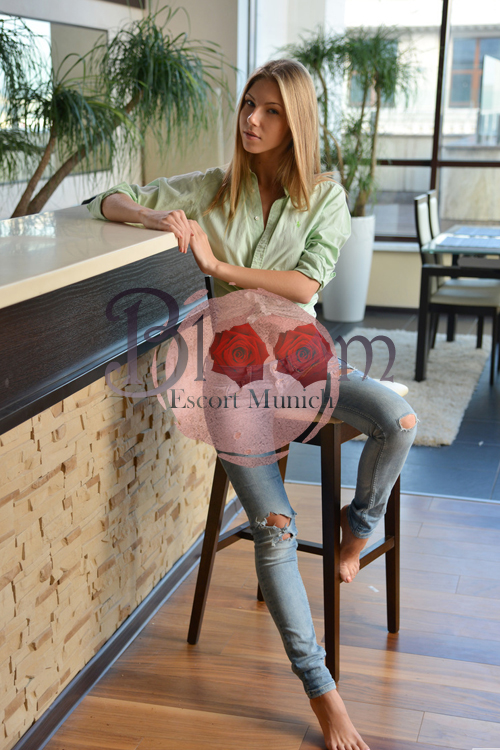


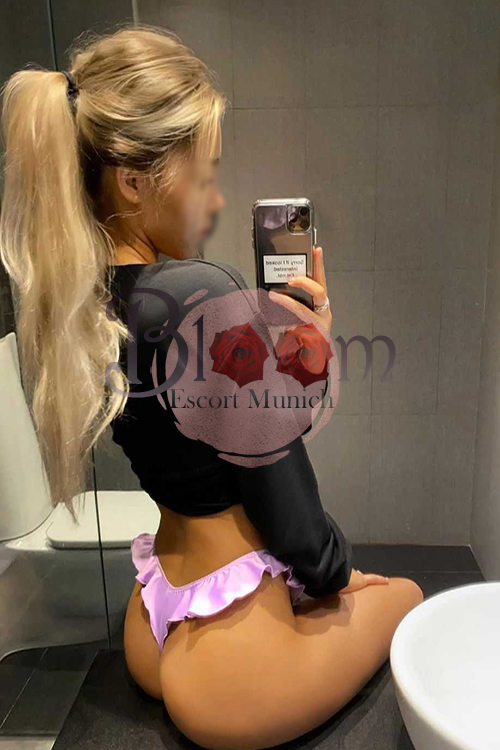


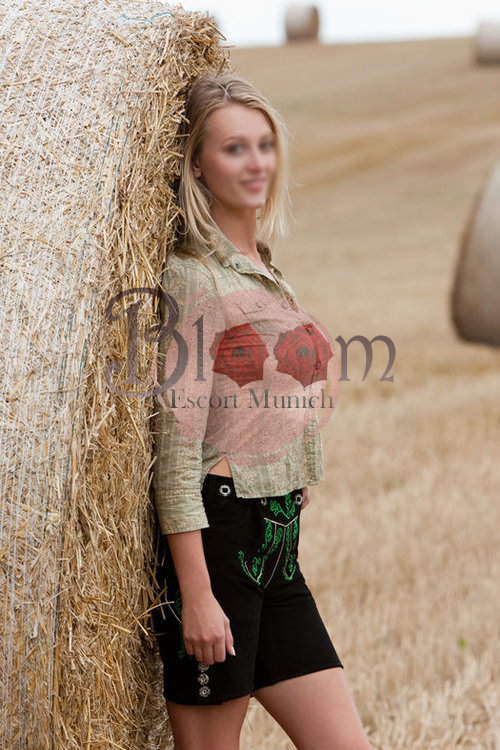

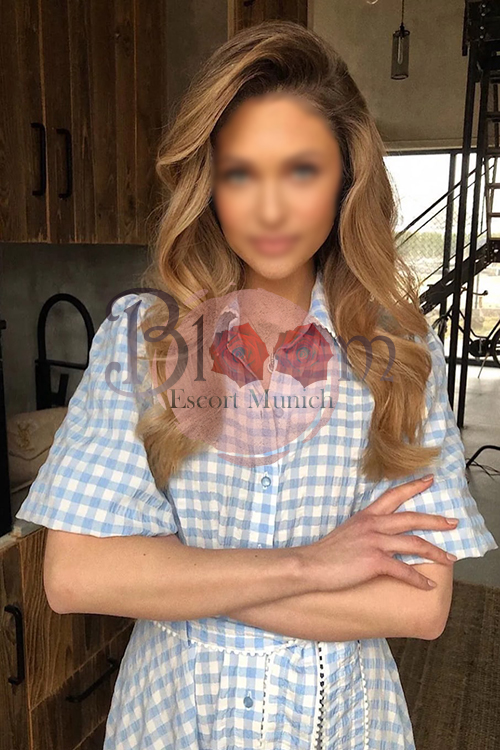
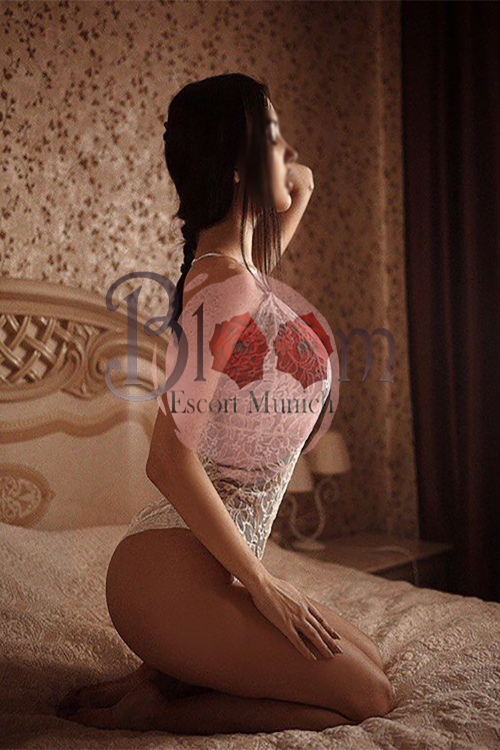








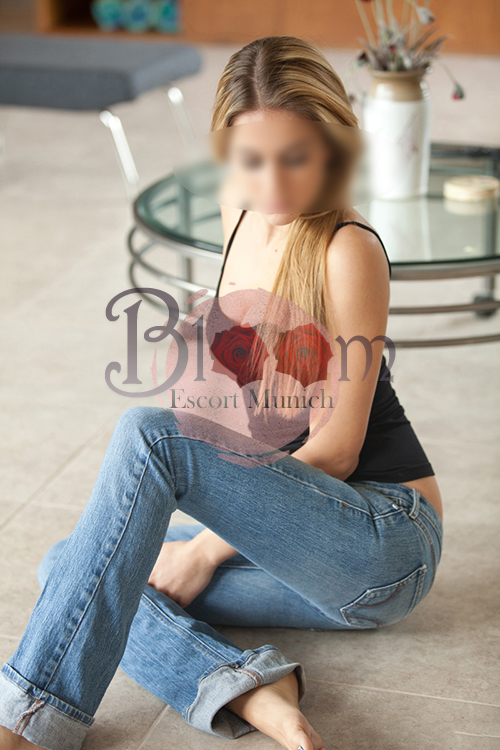
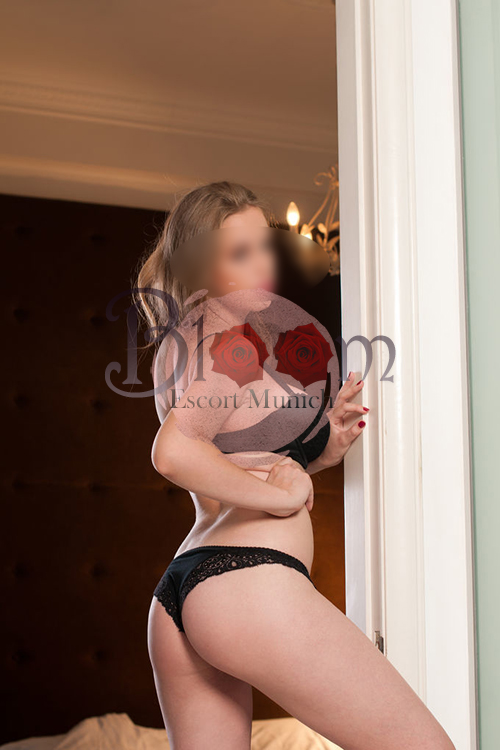

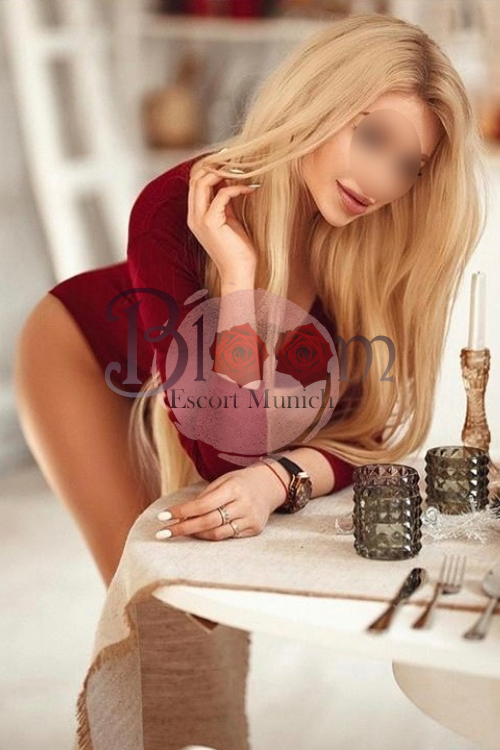


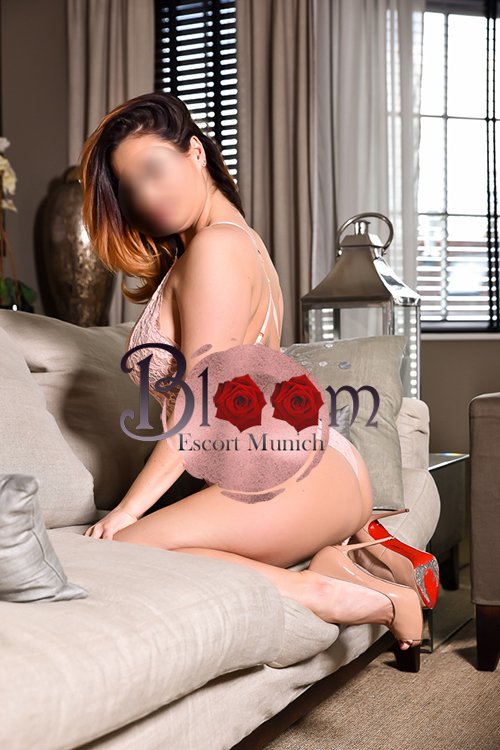





















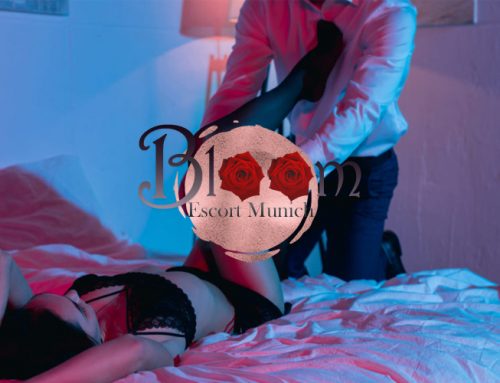
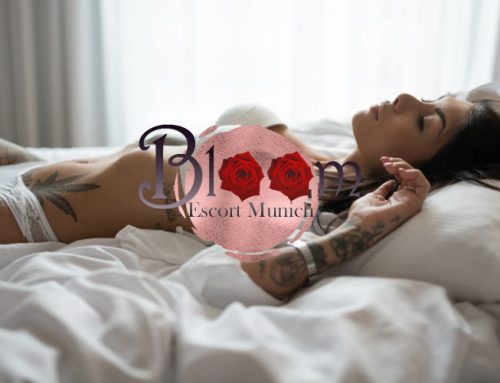
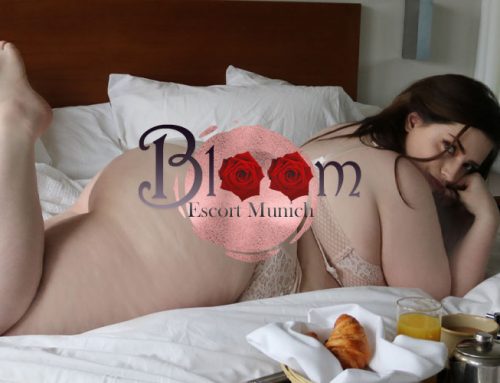

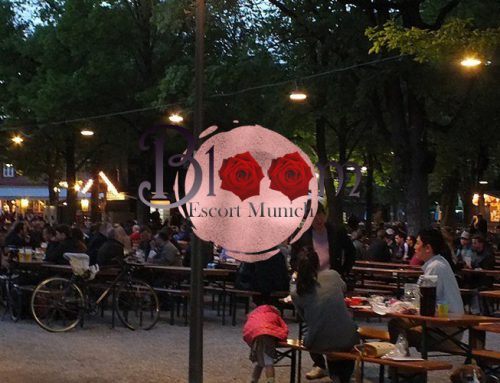
Leave A Comment